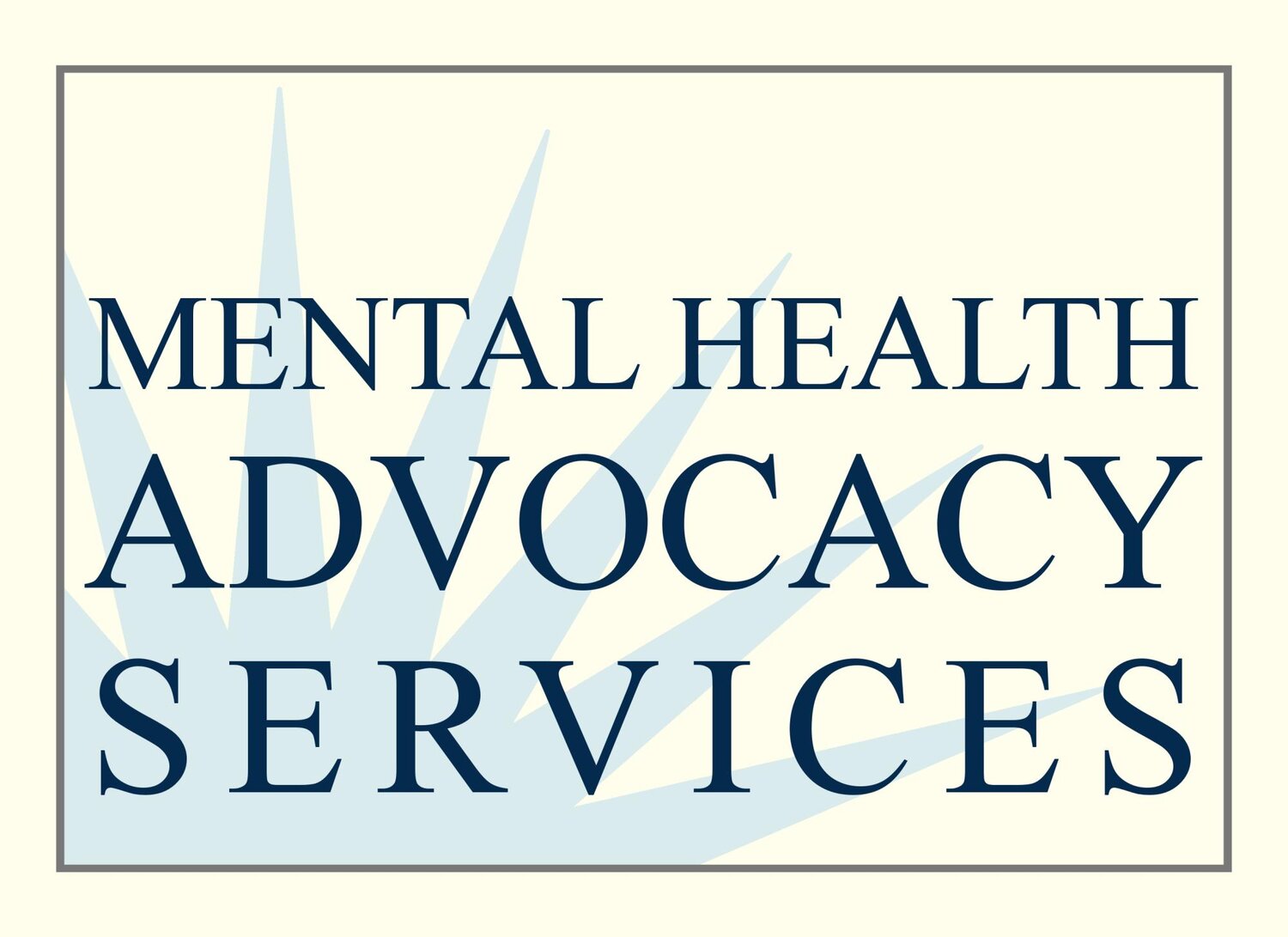Giving Thanks to California, for Expanded Medicaid
by Eliza SchaflerEliza Schafler is an MHAS Equal Justice Works Fellow sponsored by Greenberg Traurig, LLP.
 As many readers may know, California is considered a leader in implementing the Affordable Care Act. Among other things, it has chosen to expand Medi-Cal (our state’s Medicaid program) to cover single, low-income adults. However, residents of other states – 24 other states, in fact– are not so lucky. For political reasons, those states have refused federal funding to expand their Medicaid programs.This month, a new study by the Urban Institute explains the results of these 24 states’ decisions not to expand Medicaid. The main result? Approximately 7 million low-income residents in those states will live without health insurance in 2016.One would think at least those states would stand to gain financially from this decision to cut back. Yet the opposite is true. The report explains:“If they expand Medicaid, nonexpanding states would obtain more than $400 billion in federal funding over ten years, creating 172,400 jobs during 2015, according to the Council of Economic Advisers. Their hospitals would receive $168 billion in new revenue, offsetting the ACA’s cuts to Medicare and Medicaid reimbursement. Every comprehensive state-level budget analysis of which we know found that expansion helps state budgets, because it generates state savings and additional revenues that exceed increased Medicaid costs.”A recent article in the New York Times documents the realities on the ground in Pennsylvania, a state that has not expanded Medicaid. There, one uninsured patient suffering from treatable symptoms of schizophrenia was forced to choose a drug with a debilitating side effect – permanent, uncontrollable lip and mouth movements – when a safer drug was available. This is the cost of not expanding Medicaid – increased stigma, difficulty finding work, and lack of opportunity to experience well-being.Thankfully, MHAS is based in California, where we are working hard to help our clients take advantage of progressive health care policies. But we are mindful of those without such luck.
As many readers may know, California is considered a leader in implementing the Affordable Care Act. Among other things, it has chosen to expand Medi-Cal (our state’s Medicaid program) to cover single, low-income adults. However, residents of other states – 24 other states, in fact– are not so lucky. For political reasons, those states have refused federal funding to expand their Medicaid programs.This month, a new study by the Urban Institute explains the results of these 24 states’ decisions not to expand Medicaid. The main result? Approximately 7 million low-income residents in those states will live without health insurance in 2016.One would think at least those states would stand to gain financially from this decision to cut back. Yet the opposite is true. The report explains:“If they expand Medicaid, nonexpanding states would obtain more than $400 billion in federal funding over ten years, creating 172,400 jobs during 2015, according to the Council of Economic Advisers. Their hospitals would receive $168 billion in new revenue, offsetting the ACA’s cuts to Medicare and Medicaid reimbursement. Every comprehensive state-level budget analysis of which we know found that expansion helps state budgets, because it generates state savings and additional revenues that exceed increased Medicaid costs.”A recent article in the New York Times documents the realities on the ground in Pennsylvania, a state that has not expanded Medicaid. There, one uninsured patient suffering from treatable symptoms of schizophrenia was forced to choose a drug with a debilitating side effect – permanent, uncontrollable lip and mouth movements – when a safer drug was available. This is the cost of not expanding Medicaid – increased stigma, difficulty finding work, and lack of opportunity to experience well-being.Thankfully, MHAS is based in California, where we are working hard to help our clients take advantage of progressive health care policies. But we are mindful of those without such luck.
